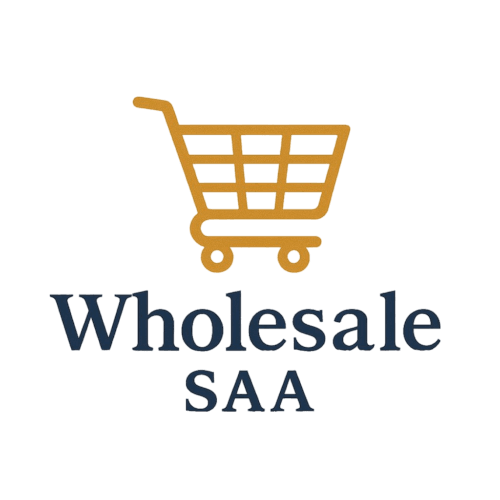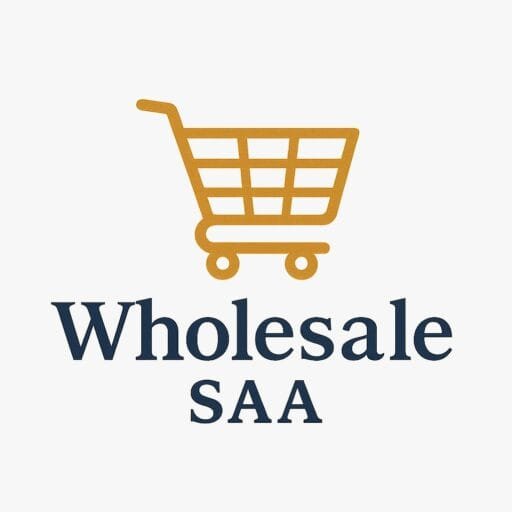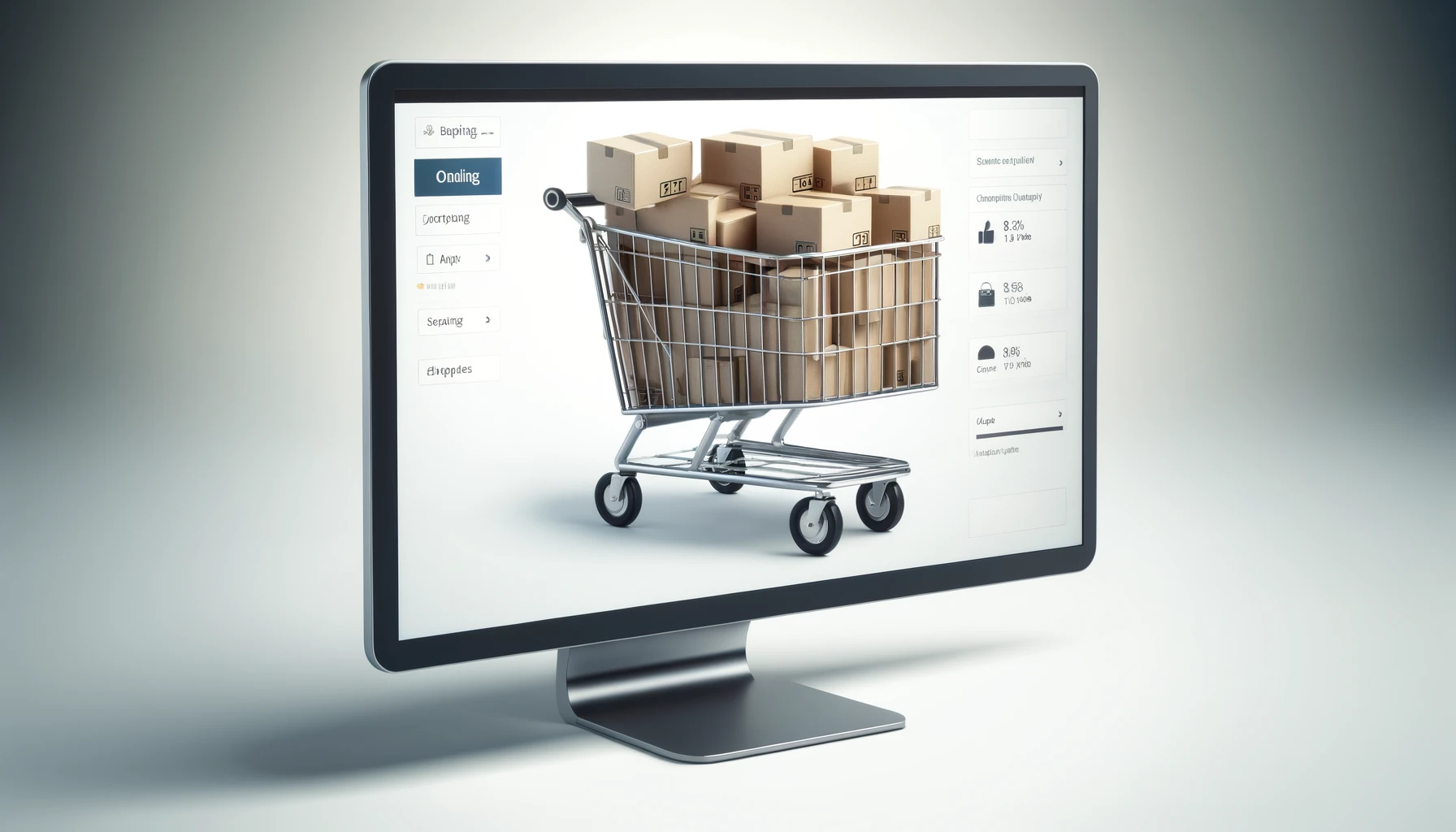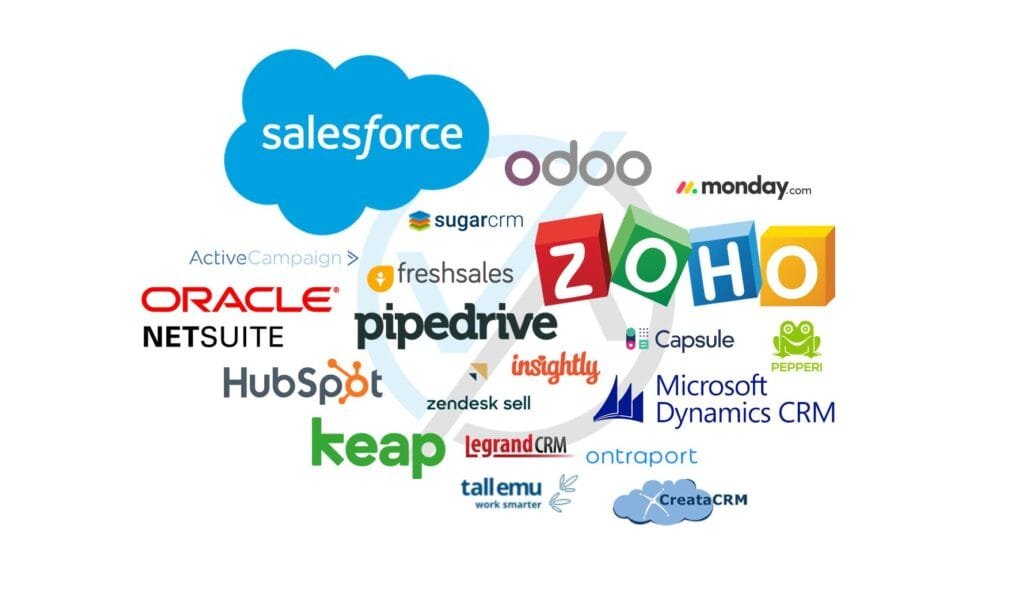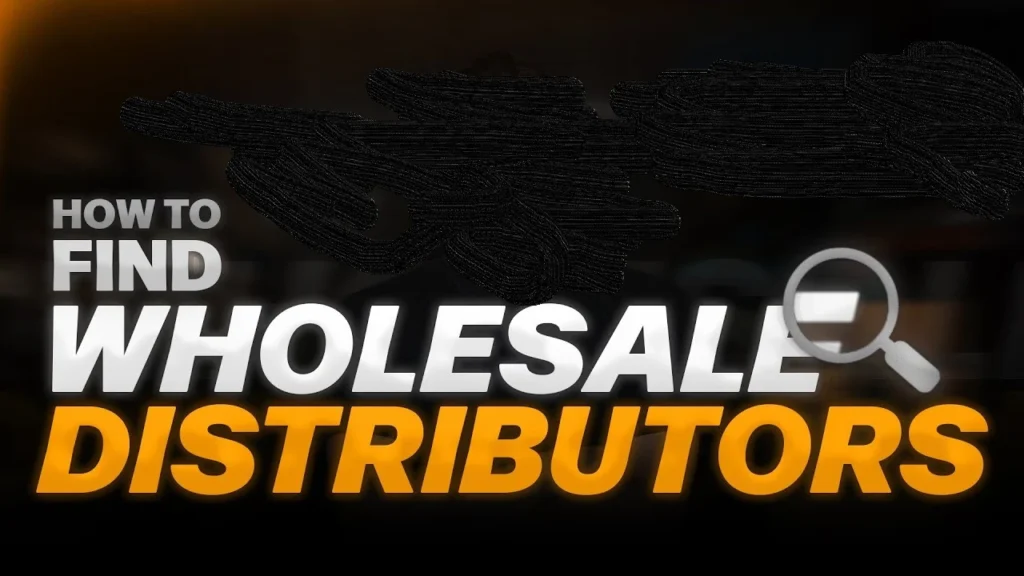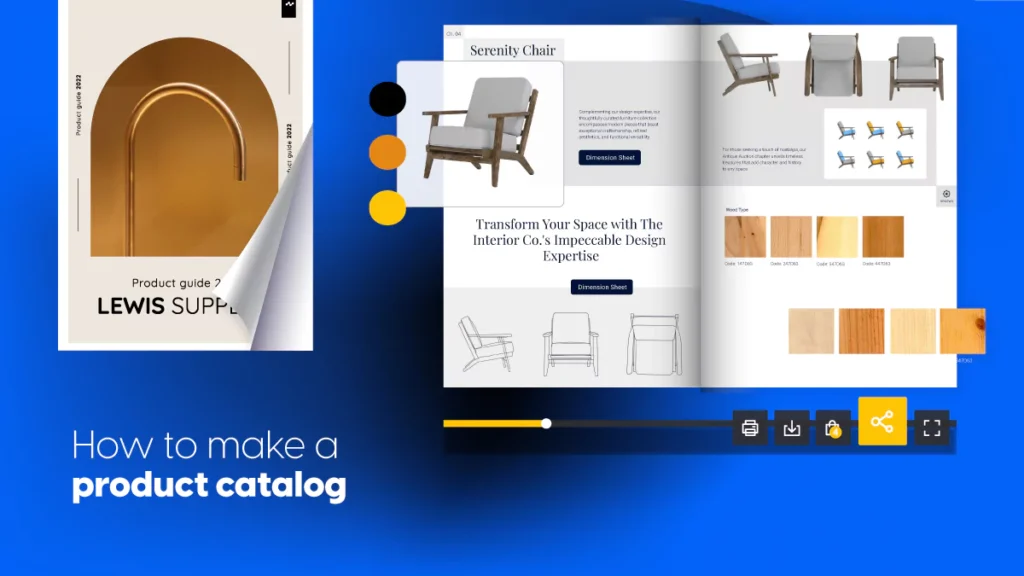In today’s increasingly digital world, B2B (Business-to-Business) marketplaces have revolutionized how companies source, sell, and scale. Whether you’re a manufacturer in China, a wholesaler in the U.S., or a distributor in Nigeria, the right B2B platform can be the difference between stagnation and exponential growth.
But with hundreds of B2B marketplaces flooding the internet, how do you choose the best one, especially when your business depends on reliable sourcing, pricing transparency, logistics efficiency, and, most importantly, trust?
This guide breaks down:
- What a B2B marketplace is
- Key features to look for
- The top global and Nigerian platforms
- Real-world examples
- How to evaluate what works best for you
Let’s dive in.
What Is a B2B Marketplace?
A B2B marketplace is an online platform where businesses buy and sell products or services to other businesses. It connects buyers (such as retailers, resellers, and procurement teams) with suppliers (manufacturers, wholesalers, and service providers).
Unlike B2C platforms like Amazon or Temu, where the end customer is a consumer, B2B platforms are optimized for bulk orders, negotiations, invoicing, supply chain services, and business-grade compliance.
Why Use a B2B Marketplace?
Whether you’re sourcing inventory or scaling exports, B2B marketplaces offer:
- Wider product access from multiple vetted suppliers
- Competitive pricing through transparent quotes and comparisons
- Faster procurement and contract negotiation
- Built-in logistics and trade finance tools
- Verified buyer and supplier profiles
- Data insights for forecasting and planning
In other words, a good B2B platform saves time, money, and human error.
Key Features to Look for in a B2B Platform
When evaluating a B2B marketplace for buyers and suppliers, consider the following:
| Feature | Why It Matters |
| Supplier Verification | Avoid scams and low-quality suppliers |
| Transparent Pricing | Helps in budgeting and negotiation |
| Buyer Protection | Secure payments, escrow, and refund mechanisms |
| Logistics Integration | Simplifies shipping, customs, and fulfillment |
| Communication Tools | In-platform chat, RFQs, and bulk messaging |
| Trade Financing Options | Helps cash flow when purchasing large volumes |
| Localization | Language and currency compatibility for international trade |
| Industry-Specific Listings | Tailored experience for sectors like textiles, tech, chemicals, etc. |
Top Global B2B Marketplaces for Buyers and Suppliers
1. Alibaba
Best for: Global reach, manufacturing, low-cost sourcing
Alibaba remains the world’s largest B2B platform. It connects buyers with Chinese manufacturers, offering bulk pricing, MOQ (Minimum Order Quantities), and worldwide shipping.
Pros:
- Massive supplier base
- Trade Assurance (escrow-like system)
- Custom manufacturing (OEM/ODM)
Cons:
- Language barriers
- Variable product quality
2. Global Sources
Best for: Electronics, innovation-focused sourcing
While similar to Alibaba, Global Sources focuses more on electronics, innovation, and verified trade shows. It’s known for curating high-quality suppliers.
Pros:
- Trade show integration
- Tech and mobile hardware focus
- Verified supplier audits
3. IndiaMART
Best for: Indian suppliers, competitive pricing
IndiaMART is the largest B2B marketplace in India, offering a wide range of products, from agricultural goods to industrial machines.
Pros:
- Massive Indian supplier network
- Local and regional pricing advantages
- Strong domestic logistics
Cons:
- Some vendors lack international certifications
- Less refined than Western platforms
4. Thomasnet
Best for: U.S.-based industrial sourcing
Used by engineers and procurement managers, Thomasnet focuses on U.S. manufacturers and industrial products like machinery, valves, and electronics.
Pros:
- North American reliability
- Advanced filtering by certifications and capabilities
- Strong search functionality
Cons:
- Not ideal for small or low-cost suppliers
- Limited international coverage
B2B Marketplaces in Nigeria: What Works Locally
1. VConnect
Best for: Local service providers, small B2B service procurement
Originally a local services directory, VConnect now allows Nigerian businesses to list services and products, get leads, and close transactions.
Pros:
- Trusted Nigerian directory
- Good for SMEs and local sourcing
Cons:
- Still service-focused
- Limited global integration
2. TradeDepot
Best for: FMCG distribution and resellers
TradeDepot connects manufacturers to neighborhood retailers in Nigeria. It acts as a last-mile distributor and marketplace in one, solving B2B logistics issues at scale.
Pros:
- Local warehousing
- Mobile ordering for retailers
- Logistics built-in
3. Alerzo
Best for: Female-led retail microbusinesses
Alerzo is another Nigerian B2B platform serving informal retail stores (kiosks, market women, etc.) with tech, supply chain, and credit solutions.
Pros:
- Inventory financing for small shops
- Simplified ordering via WhatsApp
- Focused on real local challenges
Emerging Trends in B2B Marketplaces
B2B is evolving fast. Here’s what’s next:
AI-Driven Matching
Platforms now use AI to match buyers with ideal suppliers based on historical transactions, certifications, and quality scores.
Buy Now, Pay Later (BNPL) for B2B
Like Klarna for consumers, B2B marketplaces now offer credit lines or staggered payment options to smooth cash flow.
E-procurement & Compliance
Procurement-as-a-service features are expanding, helping buyers stay compliant with import/export laws, taxes, and ESG goals.
Localized Marketplaces
As countries like Nigeria develop digital infrastructure, we’re seeing more regional B2B stores (e.g., VConnect, Alerzo) for localized trade.
Case Study
Background: A home automation startup in Chicago needed affordable smart home devices, smart plugs, bulbs, and sensors.
Problem: U.S. suppliers were quoting 2–3x higher prices. The founder turned to Alibaba but was overwhelmed by the choice.
Solution: They used filters like “Verified Supplier,” MOQ < 1000, and “Trade Assurance.” After comparing 5 shortlisted suppliers and requesting samples, they locked in a contract.
Outcome:
- Saved 60% on sourcing
- Scaled to 5,000+ monthly unit sales
- Built white-label relationships with 2 factories in Shenzhen
How to Choose the Right B2B Marketplace for Your Business
Ask yourself these questions:
- Where are most of my suppliers or buyers located?
- Do I need local logistics support or international shipping?
- Is price or trust more important to my model?
- Do I need a vertical marketplace (e.g., electronics, fashion)?
- Will I need ongoing credit, escrow, or buyer protection?
What’s the Best B2B Marketplace?
There’s no one-size-fits-all.
If you’re looking for global manufacturing, Alibaba or Global Sources is king. For U.S. industrial buyers, Thomasnet wins. In Nigeria, Alerzo and TradeDepot are solving real supply chain bottlenecks. And if you’re just starting, a hybrid strategy – combining local platforms with one global option- may give you the best flexibility.
As 2025 rolls in, one thing is clear: B2B is no longer about deals, it’s about trust, technology, and end-to-end integration.
